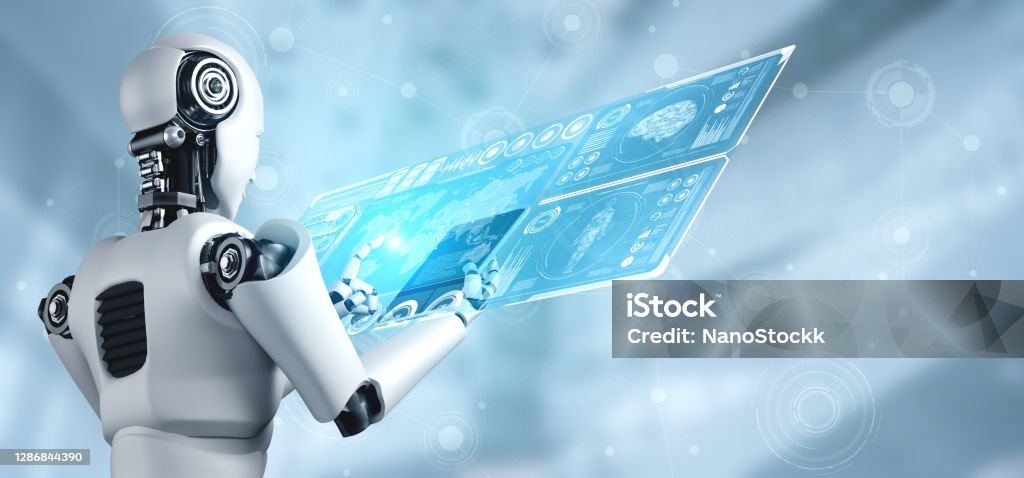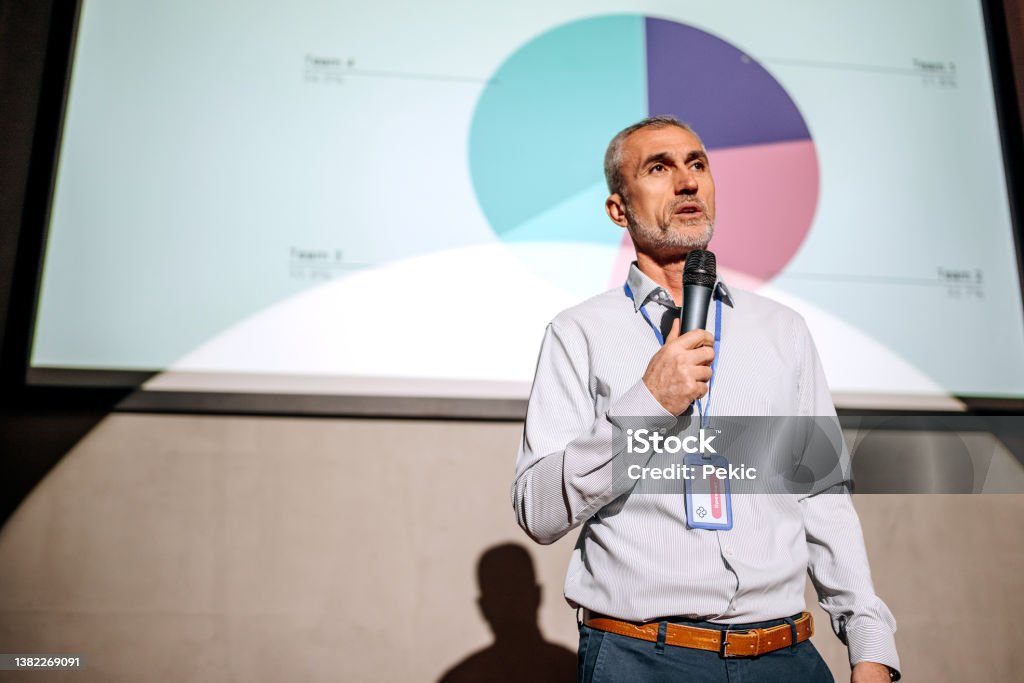The Future of AI in Healthcare: How Artificial Intelligence is Revolutionizing Medicine

Discover how AI is transforming healthcare—from diagnostics to personalized treatment—and what the future holds for AI-driven medicine.
Artificial Intelligence (AI) is no longer just a buzzword—it’s actively reshaping healthcare as we know it. From speeding up diagnostics to enabling personalized treatment plans, AI is making healthcare faster, more accurate, and more accessible.
In this article, we’ll explore:
✔ How AI is improving disease detection and diagnosis
✔ The role of AI in drug discovery and personalized medicine
✔ Ethical concerns and challenges in AI-driven healthcare
✔ What the future holds for AI in medicine
1. AI-Powered Diagnostics: Faster and More Accurate Than Ever
One of the most significant breakthroughs in AI healthcare is its ability to analyze medical data with superhuman precision.
- Medical Imaging: AI algorithms can detect tumors, fractures, and abnormalities in X-rays, MRIs, and CT scans faster than human radiologists. For example, Google’s DeepMind has developed AI that can identify over 50 eye diseases with 94% accuracy.
- Early Disease Detection: AI models can predict diseases like Alzheimer’s and cancer years before symptoms appear by analyzing genetic and lifestyle data.
- Wearable Health Tech: Devices like the Apple Watch and Fitbit use AI to monitor heart rates, detect irregular rhythms, and even warn users of potential heart issues.
Case Study: Stanford University’s AI system outperformed human doctors in diagnosing pneumonia from chest X-rays, reducing errors by 30%.
2. Drug Discovery & Personalized Medicine: Cutting Development Time in Half
Developing new drugs traditionally takes 10-15 years and costs billions. AI is changing that.
- AI in Drug Research: Companies like Insilico Medicine use AI to predict molecular behavior, speeding up drug discovery. In 2023, an AI-designed drug entered clinical trials in just 18 months—a record time.
- Personalized Treatment Plans: AI analyzes a patient’s genetics, lifestyle, and medical history to recommend customized therapies. For example, IBM Watson helps oncologists choose the best cancer treatments based on a patient’s unique profile.
Did You Know? The global AI healthcare market is projected to reach $187 billion by 2030 (Statista).
3. AI in Surgery: Robots Assisting (and Sometimes Performing) Operations
Robotic surgery isn’t new, but AI is making it smarter:
- Da Vinci Surgical System: Uses AI to assist surgeons with precision in minimally invasive procedures.
- Autonomous Surgical Bots: Researchers are developing AI robots that can perform simple surgeries independently, reducing human error.
4. Challenges & Ethical Concerns: Is AI in Healthcare Safe?
While AI offers immense benefits, it also raises concerns:
- Data Privacy: AI relies on vast patient data—how is it protected?
- Bias in AI Models: If trained on limited datasets, AI can produce biased diagnoses.
- Regulation & Accountability: Who is responsible if an AI misdiagnoses a patient?
Governments and healthcare providers are working on regulations to ensure AI is used ethically.
5. The Future: What’s Next for AI in Medicine?
Experts predict:
✔ AI-powered virtual nurses for 24/7 patient monitoring
✔ Predictive healthcare where AI prevents diseases before they occur
✔ Fully automated diagnostics in remote areas with limited doctors
Final Thoughts
AI is not replacing doctors—it’s empowering them. By handling data analysis and repetitive tasks, AI allows healthcare professionals to focus on patient care. The future of medicine is a blend of human expertise and AI efficiency, leading to better outcomes for all.
What do you think? Will AI make healthcare more efficient, or are there risks we’re underestimating? Let us know in the comments!






